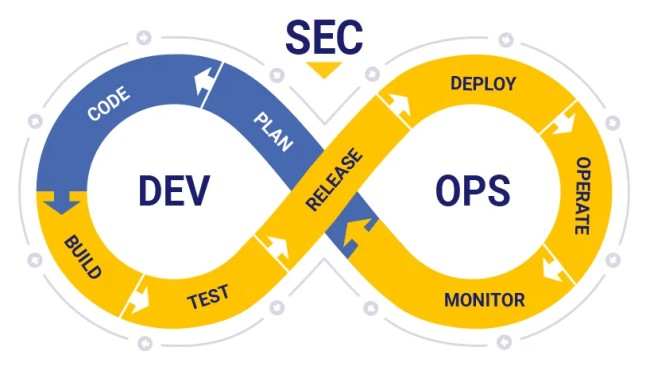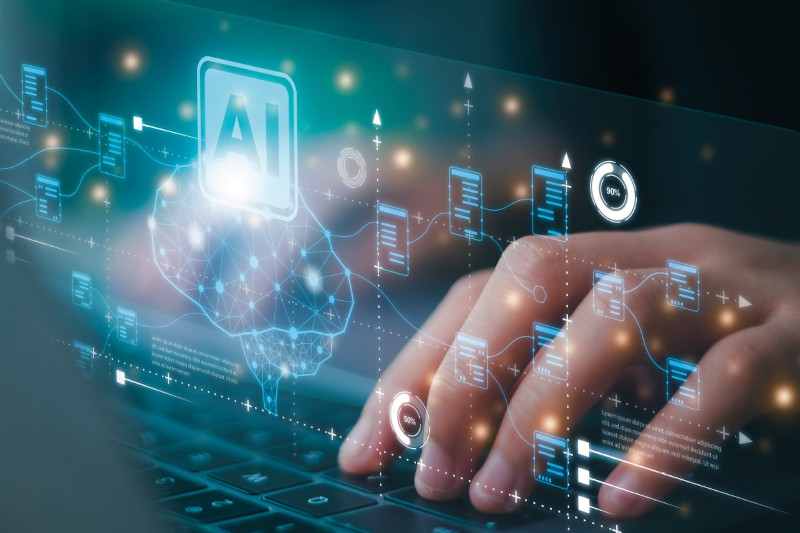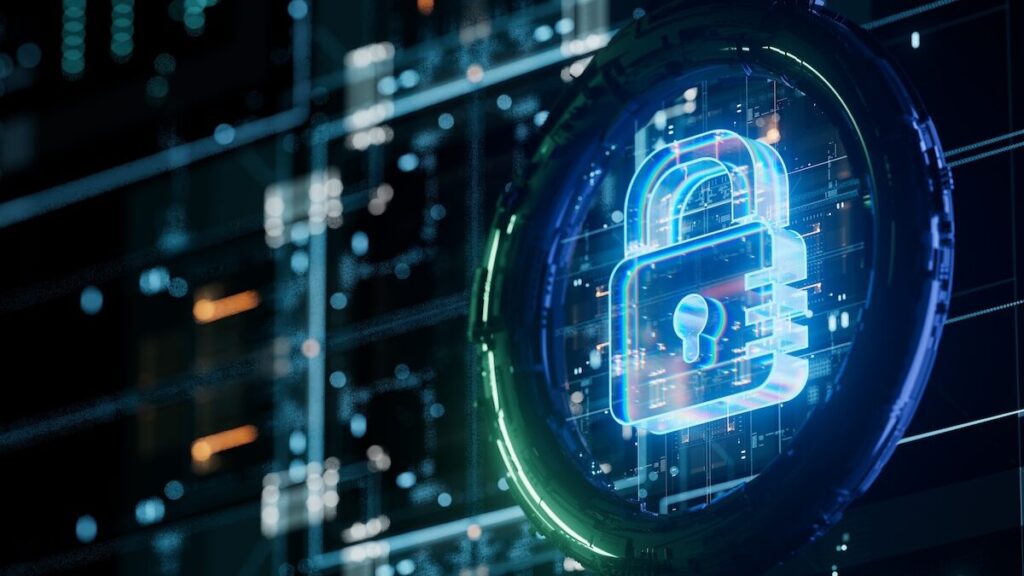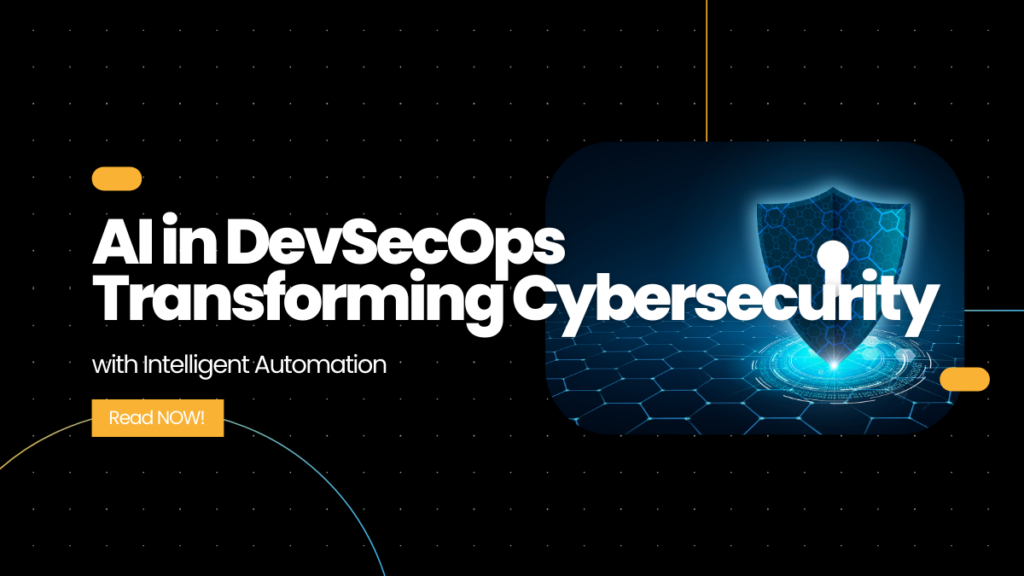Table of Contents
ToggleTable of Contents
- Introduction: The Need for AI in Cybersecurity
- The Evolution of DevSecOps
- AI’s Role in Modern Cybersecurity
- Key AI Technologies in DevSecOps
- Business Integration of AI in Security
- Technical Implementation Strategies
- Challenges and Mitigation
- Future Outlook: The Future of AI in Cybersecurity
- Conclusion: The Strategic Transformation of Cybersecurity
- Call to Action
Introduction: The Need for AI in Cybersecurity

As the digital landscape evolves, the need for robust, proactive cybersecurity solutions has never been more critical. The convergence of AI and DevSecOps represents a groundbreaking approach to integrating intelligent automation into the security development process. By embedding AI into every stage of the software lifecycle, organizations can enhance their security posture and protect digital assets more effectively.
The Evolution of DevSecOps
Traditional Approach vs. Modern Integration
Historically, security was an afterthought, often applied after development had finished. This reactive approach led to:
- Increased security risks
- Higher remediation costs
- Potential data breaches
- Delayed time-to-market

DevSecOps emerged as a solution, embedding security practices into the development lifecycle. Now, AI-powered technologies have taken this approach further by:
- Providing predictive capabilities
- Automating security tasks
- Enabling real-time threat detection
AI’s Role in Modern Cybersecurity

Intelligent Security Mechanisms
AI plays a pivotal role in modern cybersecurity by introducing:
- Automated Threat Detection: Identifying anomalies in real-time.
- Intelligent Code Analysis: Scanning code automatically for vulnerabilities.
- Adaptive Security Protocols: AI systems that learn and respond dynamically to threats.
With these capabilities, AI enhances security at every stage, from initial development to deployment.
Key AI Technologies in DevSecOps
- Machine Learning Algorithms
- Neural network-based threat detection
- Behavioral pattern recognition for identifying unusual activity
- Automated security rule generation to adapt to new threats
- Natural Language Processing (NLP)
- Security documentation analysis
- Automated compliance checks
- Intelligent incident reporting to streamline communication
- Predictive Analytics
- Risk probability calculation for better threat assessment
- Vulnerability forecasting to proactively address potential threats
- Resource allocation optimization for better risk management
Business Integration of AI in Security
Strategic Advantages
AI-powered DevSecOps enhances:
- Operational Efficiency: Reducing manual security tasks by up to 40%.
- Financial Impact: Lowering the costs associated with breaches and remediation.
- Competitive Positioning: Improving time-to-market, enhancing customer trust, and maintaining a proactive security posture.
Technical Implementation Strategies
Practical Deployment Roadmap
- Assessment Phase: Evaluate current security infrastructure and identify AI readiness.
- Technology Selection: Choose AI tools that are compatible with existing systems.
- Implementation Framework: Begin with incremental AI integration and establish continuous monitoring systems.
- Performance Monitoring: Regularly assess the performance of AI systems and fine-tune them for optimal results.
Challenges and Mitigation
Potential Obstacles
- Data Privacy Concerns
- Use robust encryption and ensure compliance with regulations.
- Skill Gaps
- Provide continuous training and develop cross-functional skills.
- Integration Complexity
- Follow a phased implementation approach and select modular AI solutions.
Future Outlook: The Future of AI in Cybersecurity

Emerging Trends
- Quantum AI for enhanced encryption and security protocols.
- Autonomous security systems that adapt in real time to emerging threats.
- Cross-platform AI integration for a unified approach to security across devices and applications.
The future of DevSecOps with AI holds immense potential, providing businesses with advanced tools to predict, detect, and mitigate security risks before they escalate.
Conclusion: The Strategic Transformation of Cybersecurity
AI in DevSecOps is not just a technological advancement—it’s a strategic transformation in how businesses approach cybersecurity. By leveraging AI-powered tools, organizations can proactively manage security risks, optimize operational efficiency, and secure their digital assets. As cyber threats evolve, integrating AI into your DevSecOps strategy will be critical in ensuring robust and intelligent security solutions.
Ready to elevate your DevSecOps strategy with AI-powered security solutions? Contact PyramidBITS to learn how our AI-driven services can help transform your security infrastructure and protect your business from evolving threats.




